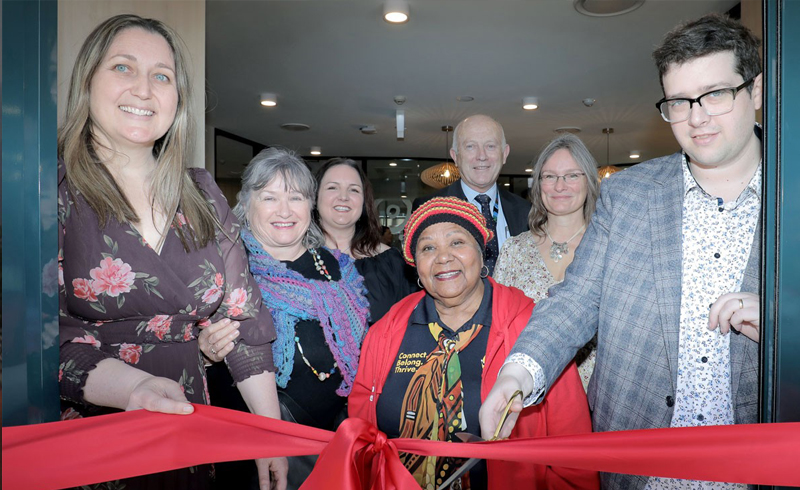Skip to:
Our services
Find a service
Search through 70+ services around Australia
Mental health and wellbeing
Including integrated support, community connection and wellbeing
Safety and homelessness
Housing, family & youth and suicide prevention
Research and Advocacy
Research and evaluation
Our culture is about learning and improving
Advocacy and social change
We respond to and support positive social change through a range of projects.

